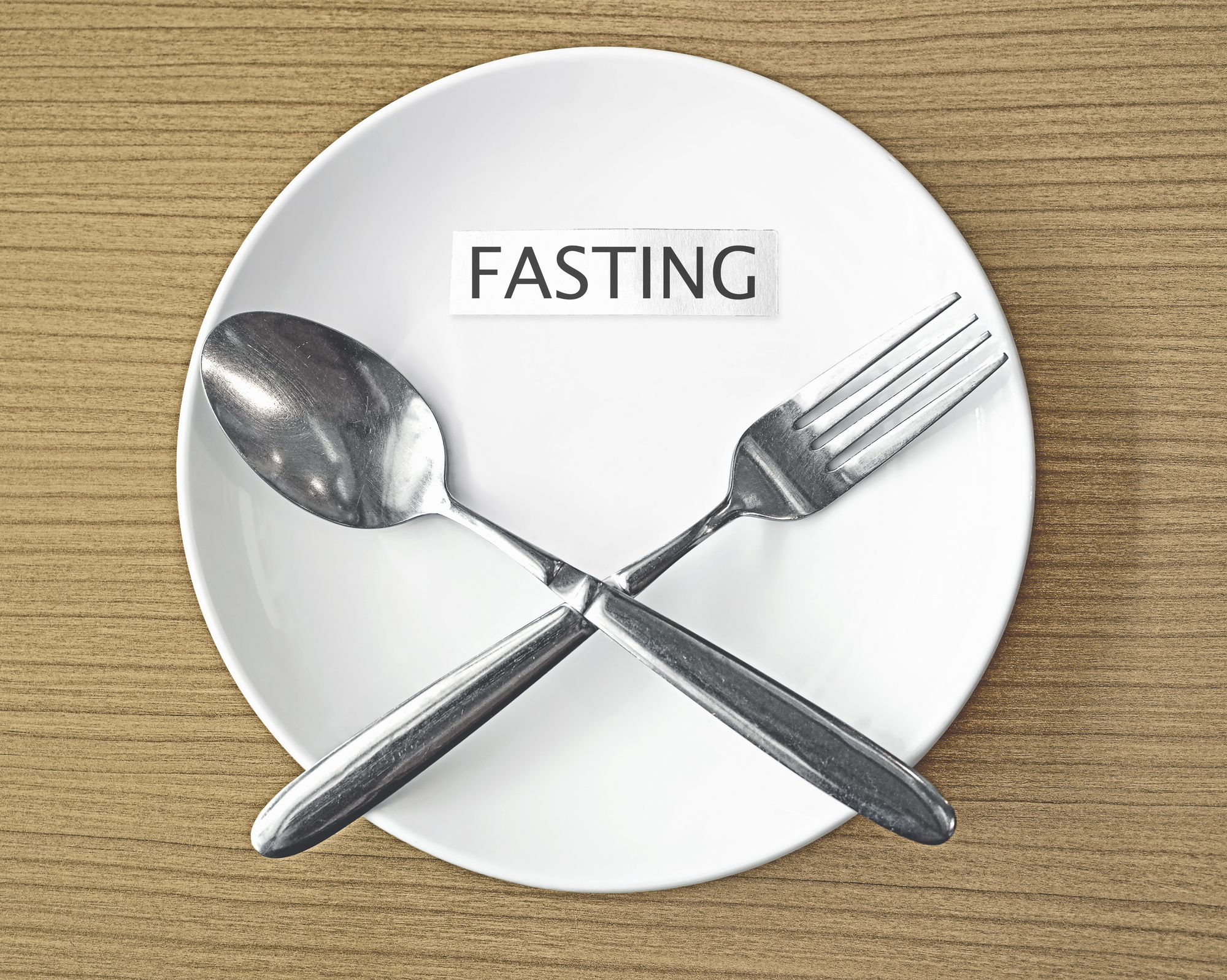
Do you struggle with weight loss? You’re not alone! The latest obesity statistics reveal that 42% of US adults are obese with 9% experiencing severe obesity.
There’s a lot of conflicting advice when it comes to weight loss. One thing everyone agrees on is that losing weight is a lot harder than gaining it. There’s one weight-loss method gaining ground when it comes to effective, long-lasting weight loss and that’s intermittent fasting.
What is intermittent fasting? Keep reading and we’ll tell you about intermittent fasting benefits and how to use intermittent fasting to lose weight and keep it off.
What Is Intermittent Fasting?
Intermittent fasting is like it sounds. You fast on an intermittent basis. The beauty of intermittent fasting is there are many different ways to do it.
The thing all intermittent fasting plans have in common is that you choose a regular time to eat and a time to fast. You can choose the intermittent fasting schedule that works best for you. It’s important to fast at least 12 hours at a stretch to enjoy the most benefits.
Many people start with a 16/8 fasting plan. This means you fast for 16 hours and then eat only within an eight-hour window.
Fasting 16 hours isn’t as hard as it sounds because you can do half the fasting while you’re asleep. A sample schedule is fasting from 6 pm in the evening until 10 a.m. the next day. Eat a healthy dinner around 5:30 so you’re done eating by 6 p.m. Don’t eat again until you break your fast at 10 a.m.
During the fasting period, the goal is to keep your blood sugar as low as possible. You do this be avoiding any insulin-producing foods. All foods produce some insulin but sugar and simple carbohydrates stimulate the most insulin.
Water is the obvious choice for fasting. Avoid all juices because they’re full of sugar.
Coffee and tea are also fine as long as you don’t use sugar or milk. Once you add sugar or milk, your body secretes insulin and this breaks your fast.
The Chemistry Behind Intermittent Fasting
Whenever you eat, your body uses insulin to allow glucose to enter your cells. This is where the body gets energy.
Modern humans eat so often that our bodies never get a break from insulin secretion. The constant insulin causes insulin resistance and our bodies can no longer break down the glucose (sugar).
When our bodies are insulin-resistant, we need even more insulin to break down the sugar in our cells. This creates a bad cycle that eventually creates type-2 diabetes.
This is why intermittent fasting is so powerful. It helps break the cycle and stop the insulin resistance.
You deplete your body’s glycogen stores after about 12 hours of fasting. At that point, your body switches from burning sugar to fat stores. This is quite helpful for weight loss.
There are other effective intermittent fasting schedules as well. These include the 5:2 fast, in which you eat a normal diet five days a week. On the other two days, you only eat one meal and restrict the calories to 500-600 total calories.
Other people like the Eat-Stop-Eat method of fasting. This is a 24-hour fast 1-2 times per week. For instance, finish dinner at 6 pm on Monday and don’t eat again until dinner at 6 pm the next day.
When you are eating, stick to healthy foods.
The Benefits of Intermittent Fasting
The beauty of intermittent fasting is that it does more than help you lose weight. Intermittent fasting benefits include a reduction in type-2 diabetes and metabolic syndrome. Fasting also reduces inflammation which is a known precursor to many diseases.
From osteoarthritis to cardiac disease and high cholesterol, intermittent fasting has powerful benefits. When the body switches from burning sugar to fat, it flips a metabolic switch in your system. You have to do more than fast, though.
It is important to eat a healthy diet during the times you choose to eat. If you eat an excessive amount of calories or processed foods during your eating window, intermittent fasting won’t work.
The Downside to Intermittent Fasting
Intermittent fasting works well for some people but not everyone. Some people find it difficult to go long periods of time without food. For others, skipping meals leads to overeating or binge eating later.
If you have a tendency toward disordered eating, intermittent fasting is not a good idea. If that’s the case, try setting reasonable weight-loss goals. Set a non-food reward for when you reach the goal.
All weight loss should focus on healthy nutrition and exercise as lifestyle changes instead of temporary weight-loss aids.
Healthy Weight-Loss Supplements
Those who can’t do intermittent fasting often turn to weight-loss supplements. There are a plethora of weight-loss supplements on the market. Unfortunately, many of them aren’t helpful and some are downright scams.
There are some weight-loss supplements that help and ChiroThin is one of them. One of the ways you know ChiroThin is a good supplement is that you can’t find it sold on the internet. You need a doctor’s supervision to use it.
ChiroThin is an easy, doctor-supervised, weight-loss program. The whole foods in ChiroThin help regulate your sleep cycle and metabolism ensuring easy weight loss.
The nutrients in ChiroThin are high quality and 100% grown and made in the United States. ChiroNeutraceutical, the maker of ChiroThin, has its own FDA establishment number and ensures CGMP and CFR compliance.
The Path to a Healthier, Happier, New You
Intermittent fasting is a good adjunct to a healthy diet and exercise program but it doesn’t work for everyone. Are you looking for options beyond intermittent fasting and the latest fad diets?
Are you ready to get started on the path to a healthier you? Click here to find a ChiroThin doctor in your area.
